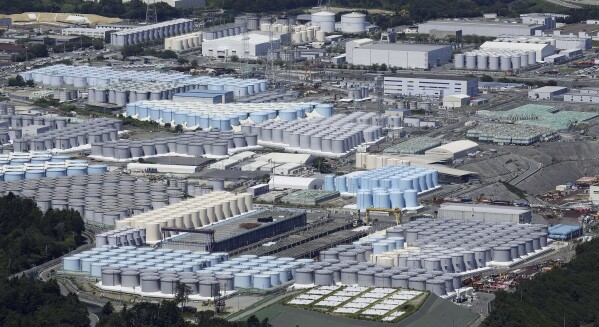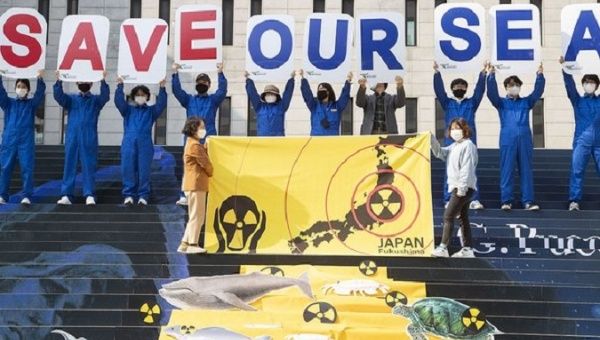
China announced on Thursday that it was banning all seafood from Japan, sharply escalating an already tense dispute between the two neighbors, following Tokyo’s decision to start releasing treated radioactive wastewater from the Fukushima nuclear plant.
The release is a part of a contentious plan that has drawn vehement opposition from many consumers as well as some regional nations, with Beijing taking the lead in this criticism.
China launched a ferocious tirade Thursday afternoon after the release began, calling the action “selfish and irresponsible”.
China’s customs agency then declared that it would stop importing any aquatic products from Japan, which means that the ban might also apply to other oceanic goods besides seafood, like sea salt and seaweed.
The action was taken to safeguard Chinese consumers’ health as well as to reduce “the risk of radioactive contamination of food safety caused by Japan’s Fukushima nuclear contaminated water discharge,” according to a statement from the customs department.
Japan has maintained throughout the building dispute that discharging the treated water is both safe and urgently necessary to make space at the crippled nuclear power plant.
According to Tokyo Electric Power Company (TEPCO), the discharge began 1 p.m. local time (midnight ET).
Only 200 to 210 cubic meters of treated wastewater are anticipated to be released, according to the company. It then intends to continuously release 7,800 cubic meters of treated wastewater over the course of 17 days, in addition to releasing 456 cubic meters every 24 hours starting on Friday.

According to TEPCO, if any anomalies are found in the discharge apparatus or the dilution levels of the treated wastewater, the operation will be immediately suspended and an investigation will be carried out.
Later on Thursday, it will send a boat into the harbor to gather samples in order to monitor and make sure that the treated wastewater discharged complies with global safety standards.
Due to the devastating earthquake and tsunami that struck Japan in 2011, the water inside the Fukushima nuclear plant became contaminated with highly radioactive material. Since then, new water has been pumped in to cool fuel debris in the reactors, while ground and rainwater have leaked in, creating more radioactive wastewater.
Authorities warned in 2019 that they were running out of storage space for the water and had “no other options” but to release it in a treated and highly diluted form because the plan to release the water had been in the works for years.
Source-CNN





